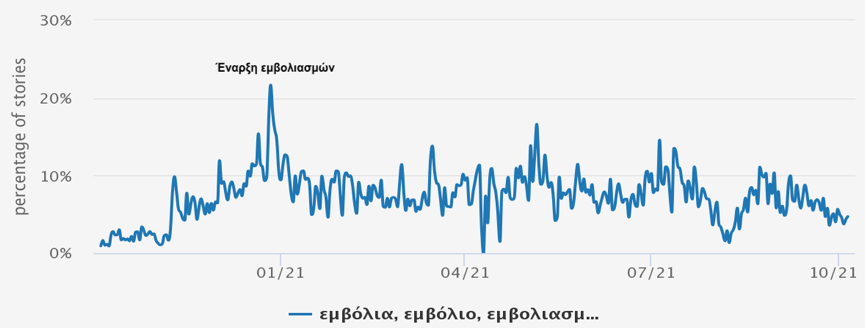Το ολιγοπώλιο του διαδικτύου
Πώς οι Google, Apple, Facebook, Amazon και Microsoft πήραν τον έλεγχο της ψηφιακής μας ζωής Σε αυτό το λίνκ μπορείτε να κατεβάσετε δωρέαν το βιβλίο μου που κυκλοφόρησε το 2018 από τις Μεταμεσονύκτιες εκδόσεις. Περιγραφή: Η ζωή όλων μας, λιγότερο …









